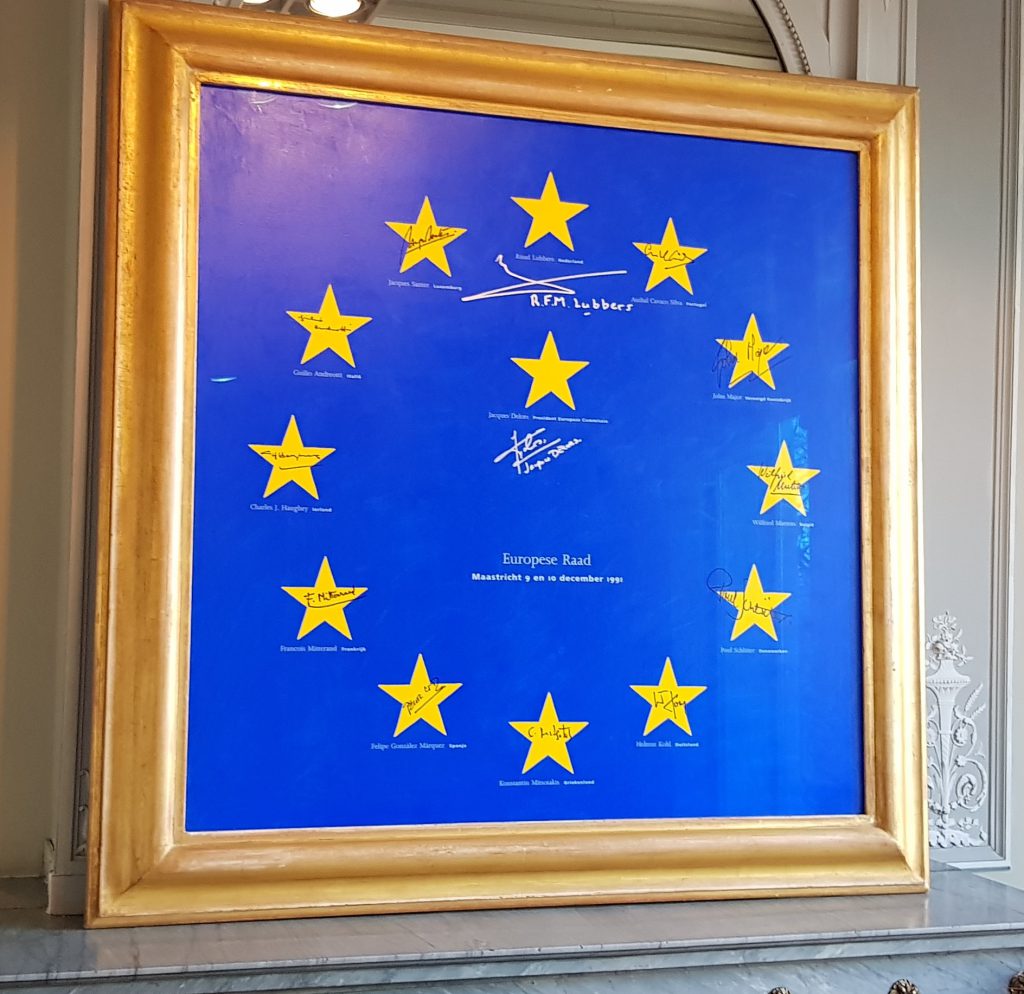A new GLO Discussion Paper finds that immigration has contributed to reducing inequality within the 25 EU countries over the 2003-2017 period.
The Global Labor Organization (GLO) is an independent, non-partisan and non-governmental organization that functions as an international network and virtual platform to stimulate global research, debate and collaboration.
GLO Discussion Paper No. 757, 2021
Europe’s migration experience and its effects on economic inequality – Download PDF
by Guzi, Martin & Kahanec, Martin & Ulceluse, Magdalena M.
GLO Fellows Martin Guzi, Martin Kahanec & Magdalena Ulceluse

Magdalena Ulceluse 
Martin Guzi 
Martin Kahanec

Author Abstract: This chapter provides the historical context for the past half-century in Europe focusing specifically on the link between migration and economic development and inequality. The literature review suggests that there are several channels through which migration affects economic inequality between countries in one or the other direction. The net effects are an open empirical question and are likely to depend on the economic, demographic and institutional and policy contexts; sources, types and selectivity of migration, as well as responses of the receiving societies as well as migrants themselves. We undertake an empirical analysis and find that immigration has contributed to reducing inequality within the 25 EU countries over the 2003-2017 period. As the EU attracted relatively highly qualified immigrants throughout this period, our results are consistent with the ameliorating effect of skilled migration on within-country inequality, as predicted by theory.

GLO Discussion Papers are research and policy papers of the GLO Network which are widely circulated to encourage discussion. Provided in cooperation with EconStor, a service of the ZBW – Leibniz Information Centre for Economics, GLO Discussion Papers are among others listed in RePEc (see IDEAS, EconPapers). Complete list of all GLO DPs – downloadable for free.
Ends;

